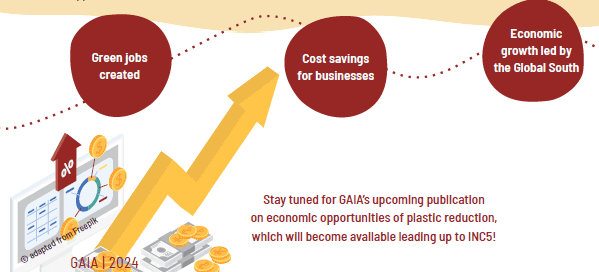


By Chaima Ktaifi
Ramadan is the fasting month. Fasting from eating and drinking encourages spiritual reflection and increases devotion and self-discipline. It is also the best time to stop bad habits, including food waste.
Unfortunately, with increased food consumption this month, it’s easy to fall into the trap of creating more waste than necessary. In Tunisia, about 900.000 pieces of bread are wasted and thrown away daily, which is the equivalent of 100.000 USD; moreover, according to the National Institute of Consumption, one-third of the cooked food is wasted and thrown away, the equivalent of 200.000 USD. On the other hand, more than 500.000 Tunisians are suffering from malnutrition diseases or are not able to buy food.
In addition to this economic and social impact on individuals and the country in general, food waste accounts for 8% of global greenhouse gas emissions. It leads to water wastage as well as, other natural resources used in food production.
Therefore, it’s important for us to be conscious of how much food we waste, especially in this month of gratitude and self-reflection.
Zero Waste Tunisia (ZWT) has been engaged since 2018 in raising awareness against food waste and loss, which is basically a behavioral challenge. Through our digital and media campaigns, we present the shocking statistics of food waste in Tunisia, awareness illustrations, and zero waste tips and solutions to reduce food waste based on our culinary heritage, transforming food waste into new recipes, cosmetics, or hygienic products.
Our campaign has been successful for the past few years. Many Tunisian media outlets have been soliciting our expertise to spread the zero waste culture in our daily lives, especially to fight against food waste and loss. This big problem has been hidden for a long time, and through our digital campaign, we have highlighted and encouraged many communities and zero waste enthusiasts to talk about it freely, critique it, and propose possible solutions.
Ramadan is a time for spiritual reflection and growth. But it’s also a time to consider our impact on our communities and contribute to environmental sustainability. By making conscious choices about food consumption, we can reduce our environmental footprint and make a positive impact in this critical time when we are struggling with hunger, food insecurity, and climate change nationally and globally.
The page dedicated to zero waste food digital campaigns: https://www.facebook.com/antigaspillagetunisie
An Interview with BBC Arabia about food waste in Ramadan: https://www.youtube.com/watch?v=nA189PP1Zqs
Ends.




























